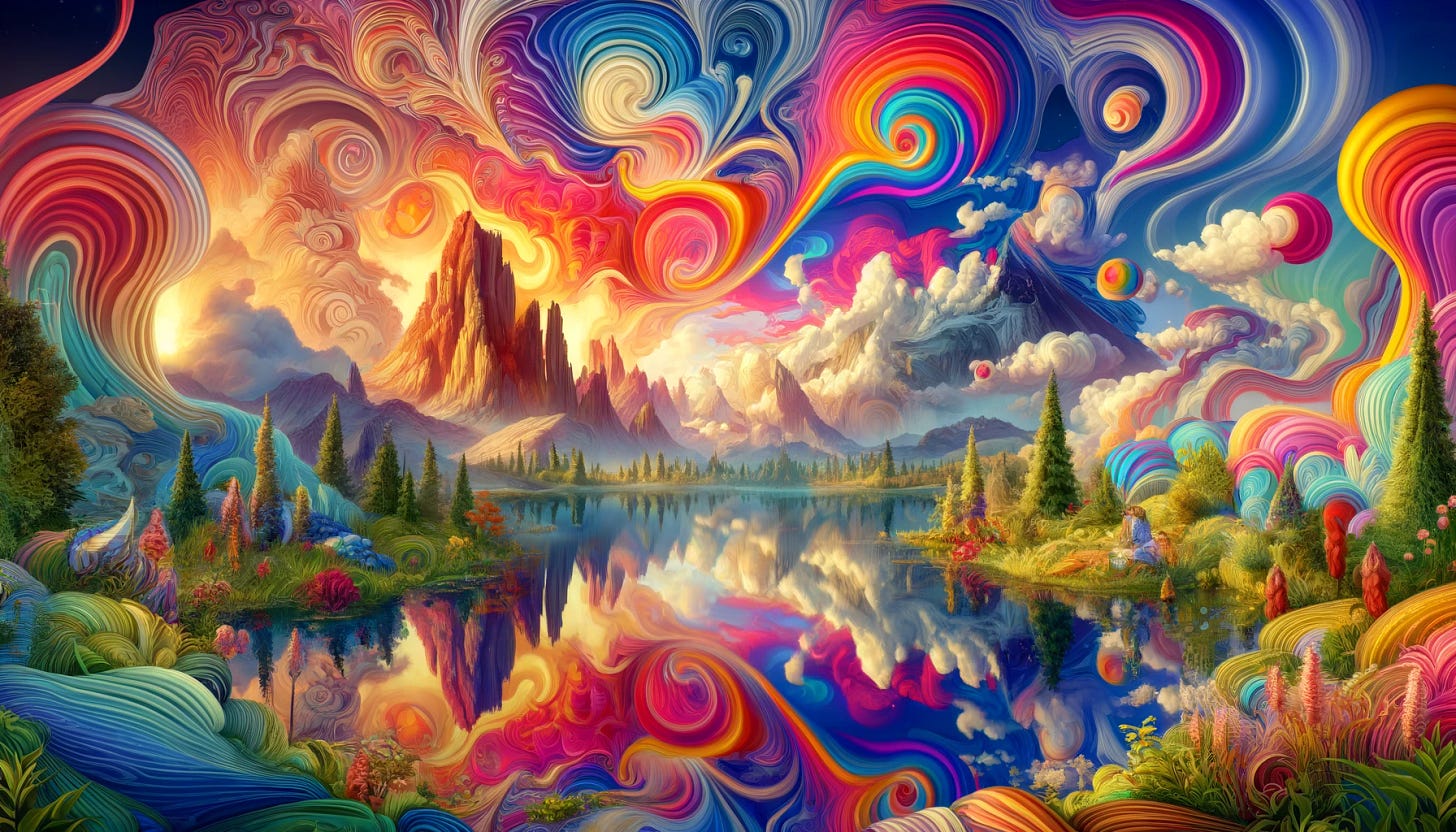From High Times to the Wall Street Journal, articles are extolling the potential benefits of psychedelics for conditions ranging from treatment resistant depression to intractable PTSD. Psychedelic drugs are also being lauded for their ability to increase creativity, cognitive flexibility, and to reopen social learning pathways. I have been interested in this treatment modality since 1979, when my dad Dr. Lester Grinspoon came out with his groundbreaking book on this, ‘Psychedelic Drugs Reconsidered’.
My father was calling from the rooftops for the investigation and use of psychedelic drug in psychiatry. Far ahead of his time, as usual, Harvard Medical School tortured him for his heretical beliefs on psychedelic policy, which, at this point, ninety percent of psychiatrists agree with. Despite medieval attitudes (until recently…) from various institutions, such as the DEA, and the rest of the U.S. Government, a revolution in research and acceptance of psychedelic medicine has exploded in the last decade. This revolution will not be televised. There has been a vast shift in perceptions of psychedelics within both the public’s mind and the medical community – a psychedelic “renaissance.”
Yet, there is more to this renaissance than vivid colors, tree-hugging interconnectedness, and blissful enlightenment (all of which I wholeheartedly support!). Many people have had terrifying, traumatic experiences with psychedelics, which get glossed over in the media. These stories can be lost in our rush toward acceptance.
While I deeply believe that psychedelics should be decriminalized, and available to people who are interested in experimenting with their consciousness, or engaging in personal growth, it is important that all of us are educated about the many potential harms of psychedelics. In this way, harms can be minimized and misery can be avoided. With education we are all empowered to make informed decisions.
What are the risks of psychedelics?
As with all drugs, it is important to untangle what is hyped up Drug War propaganda from what constitutes a legitimate medical or psychological concern. I remember growing up exposed to DARE-era, histrionic stories of LSD causing insanity and DNA damage. These stories didn’t dissuade us from experimenting. They merely undermined the credibility of the messengers. As a counterreaction, just as with cannabis, many advocates have stopped believing reports of harms altogether, which is dangerous. The truth is often nuanced, residing somewhere in between the two poles of the conversation.
Keep reading with a 7-day free trial
Subscribe to Grinspoon on Drugs to keep reading this post and get 7 days of free access to the full post archives.





